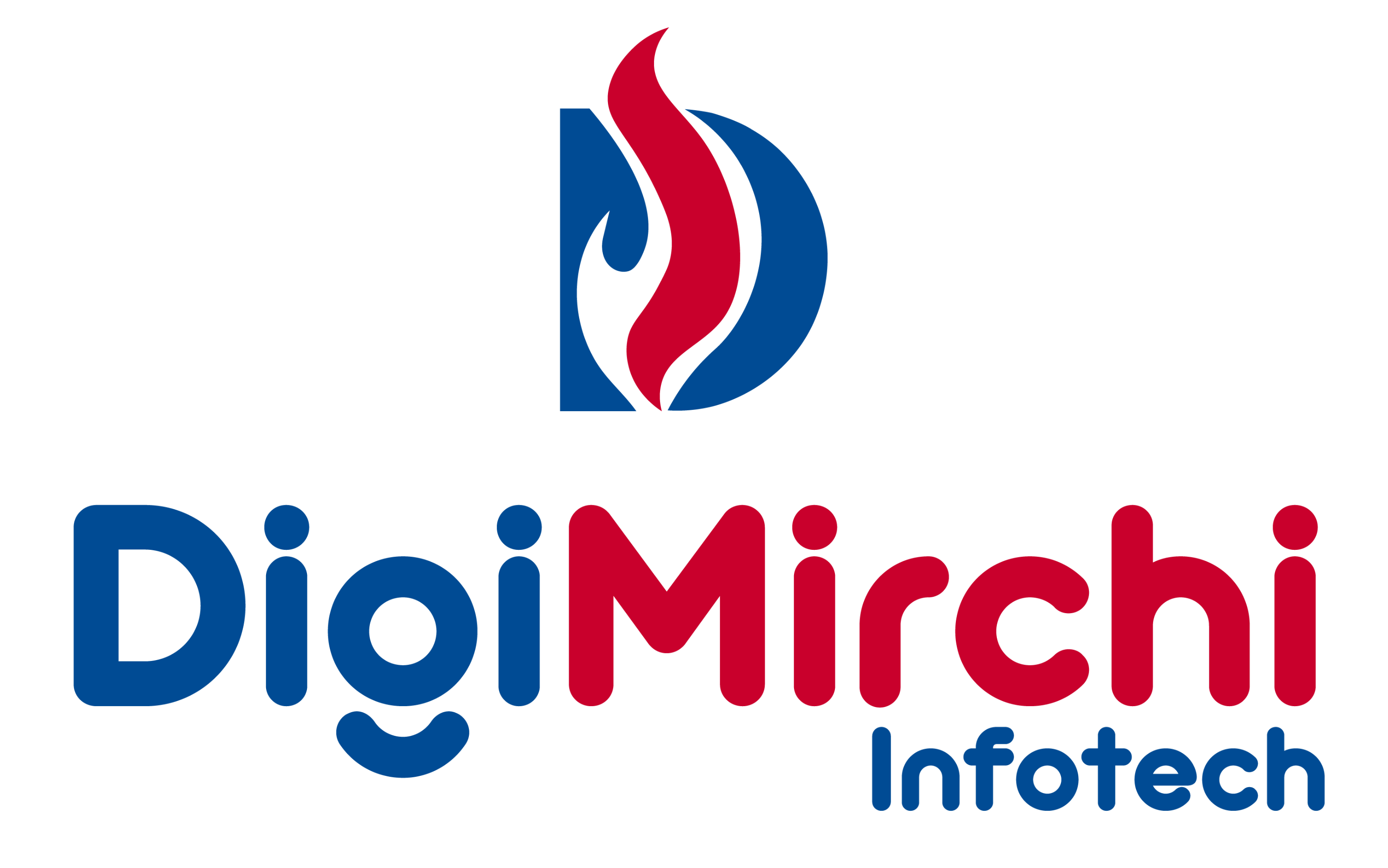The Evolution of ERP Systems
The ERP landscape has dramatically transformed over the past decade. Traditional ERP systems, built on legacy technologies and rigid architectures, dominated the market for years with names like SAP and Oracle leading the charge. However, the digital age demands agility, flexibility, and cost-effectiveness that many traditional systems struggle to provide. Enter Odoo: a modern, open-source ERP platform that challenges conventional approaches to enterprise resource planning.
This comprehensive comparison explores the fundamental differences between Odoo and traditional ERP systems, helping decision-makers understand which solution aligns best with their organizational needs, budget constraints, and growth aspirations.
Cost Structure and Total Ownership
Traditional ERP Costs: Legacy ERP systems typically require substantial upfront investment. License fees often run into hundreds of thousands of dollars, with additional costs for implementation, customization, hardware infrastructure, and ongoing maintenance. Annual support contracts can consume 15-22% of the initial license cost, creating a significant recurring expense burden.
Odoo's Cost Advantage: Odoo offers multiple deployment options with transparent pricing. The Community Edition is free and open-source, while the Enterprise Edition charges per user per month with no hidden fees. Implementation costs are generally lower due to the system's user-friendly interface and extensive documentation. Cloud hosting options eliminate infrastructure costs, making Odoo accessible to businesses of all sizes.
The total cost of ownership over five years can be 40-60% lower with Odoo compared to traditional ERP systems, representing significant savings that can be reinvested in business growth and innovation.
Flexibility and Customization
Traditional ERP Rigidity: Most legacy ERP systems were designed with specific industries or business models in mind. Customizing these systems often requires expensive consulting services, extensive coding, and complex modifications that can complicate future upgrades. Changes to business processes may necessitate system reconfigurations that take weeks or months to implement.
Odoo's Modular Flexibility: Odoo's modular architecture allows businesses to start with essential applications and add functionality as needed. The platform's open-source nature means customizations can be implemented more efficiently, and the extensive app marketplace offers thousands of pre-built modules. Business users can configure many aspects of the system without technical expertise, reducing dependency on IT resources.
Implementation Timeline and Complexity
Traditional ERP Implementation: Enterprise ERP implementations are notorious for extended timelines, often spanning 12-24 months or longer. These projects require substantial business process reengineering, extensive data migration efforts, and comprehensive change management programs. The complexity frequently leads to scope creep, budget overruns, and delayed go-live dates.
Odoo's Rapid Deployment: Odoo implementations can be completed in significantly shorter timeframes, often 3-6 months for comprehensive deployments. The intuitive interface reduces training requirements, while the phased approach allows businesses to go live with core modules and expand incrementally. This agility means faster time-to-value and reduced disruption to operations.
User Experience and Adoption
Traditional ERP Interfaces: Many legacy systems feature outdated user interfaces that feel cumbersome and unintuitive by modern standards. Complex navigation structures and inconsistent design patterns create steep learning curves, often requiring extensive training and ongoing support. User resistance is common, impacting productivity and ROI.
Odoo's Modern UX: Odoo prioritizes user experience with clean, contemporary interfaces that mirror familiar consumer applications. The consistent design language across modules reduces cognitive load, while responsive layouts ensure seamless operation across devices. This intuitive approach accelerates user adoption and minimizes training requirements.
Scalability and Future-Readiness
Traditional ERP Scaling: Scaling legacy ERP systems often requires additional license purchases, hardware upgrades, and performance optimization consultations. The monolithic architecture can create bottlenecks as transaction volumes grow. Upgrading to newer versions is frequently complex and expensive, causing some organizations to remain on outdated platforms for years.
Odoo's Growth Capacity: Odoo scales seamlessly with business growth. Cloud deployments automatically adjust resources based on demand, while the modular architecture ensures performance remains optimal. Regular updates deliver new features and improvements without disruptive upgrade projects. The active community and development ecosystem ensure Odoo evolves with technological advances.
Integration and Ecosystem
Traditional ERP Integration: Connecting legacy ERP systems with modern applications often requires expensive middleware, custom APIs, and ongoing maintenance. The closed nature of many traditional systems limits integration possibilities, creating data silos and operational inefficiencies.
Odoo's Connected Approach: Odoo offers robust API capabilities and extensive integration options. The app marketplace includes thousands of connectors for popular business applications, from e-commerce platforms to payment gateways. The open-source framework enables custom integrations when needed, ensuring Odoo fits seamlessly into your technology ecosystem.
Making the Right Choice for Your Business
The choice between Odoo and traditional ERP systems depends on your specific business context. Traditional systems may suit large enterprises with complex, industry-specific requirements and substantial IT budgets. However, for growing businesses seeking agility, cost-effectiveness, and modern technology, Odoo presents a compelling alternative.
At DigiMirchi Infotech, we help organizations navigate this critical decision through comprehensive needs assessment and solution evaluation. Our Odoo expertise enables us to demonstrate how this modern platform can transform your operations while delivering superior ROI. Contact us to explore whether Odoo is the right ERP solution for your business transformation journey.







